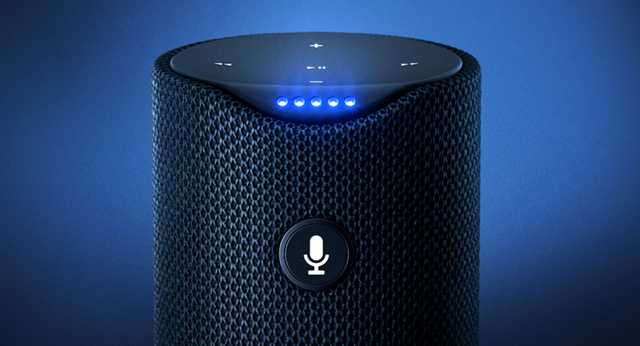Bots Could Replace Apps for Microsoft, Facebook and Others
April 11, 2016
Bots are text or language-based user interfaces to a service rather than ones that are graphical, and they’re getting a boost from several big technology companies, especially those that missed out on smartphones and their apps. Microsoft has described a vision of bots that can do everything from book a hotel room to order pizza, and has debuted tools to make it easier for a developer or small business owner to build one. Now, Facebook has plans to roll out a bot store that connects with its Messenger service.
The Verge notes that Amazon’s Echo features a smart assistant, Alexa, that is essentially a voice-controlled bot with artificial intelligence, although “not all bots have AI and not all AI is a bot,” says smart bot startup Howdy’s Ben Brown. “What they do have in common is a reliance on conversation.” Many bot developers believe that bots will be cheaper to build than apps and eventually replace them.
X.ai founder/chief executive Dennis Mortensen, whose company makes the Amy bot, says there will be two kinds of digital assistants, which he calls “horizontal and vertical AI.” Horizontal, such as Cortana and Siri, offer broad knowledge for many situations and questions; vertical AI offers expertise in specific topics. X.ai’s Amy for example, is aimed at becoming “world class at this one thing — scheduling meetings,” he says.
Variety reports on Facebook’s ambitious plans for Messenger, which now has 900 million monthly active users. The company also debuted new Messenger usernames, QR code support, and links for businesses and individuals, “pitched as a way to avoid the Yellow Pages.” “The goal is to make phone numbers, phone calls and even many apps on our phones obsolete, and replace them with Messenger conversations.”
Facebook is also beginning to open Messenger to a few businesses, which can use customer service tools to “directly field requests from consumers, giving them a way to avoid automated calling systems as well as being on hold while waiting for that always-elusive next available representative.”
Variety says that Messenger users “already send more than 1 billion messages every month to businesses and Facebook page owners,” a number likely to trend upward after Facebook debuts usernames, links and QR codes. “Additional smarts and automated interactivity” could also lead to commerce within Messenger.
According to TechCrunch, Facebook already offers developers API tools “to build chatbots and Live Chat web plug-ins for business clients,” which it will formally announce at its F8 conference. Facebook Messenger Structured Response is the company’s way to let “developers build systems similar to Uber’s and KLM’s integrations with Messenger.” A Structured Message can include a title, image, a description, a URL and calls to action such as making a reservation or viewing an e-commerce order.
TechCrunch also reports that Japan’s Line is also letting developers create bots, “initially capping things with just 10,000 ‘trial’ bots open on a first come, first serve basis.” Bots are limited to 50 friends or accounts. Line has 215 million active users, two-thirds of whom are in Japan, Taiwan, Thailand and Indonesia.
Meanwhile, in its article “Bots, explained,” Re/code suggests that “the current obsession with bots is driven by a perceived fatigue with apps,” and “bots won’t kill apps anytime soon.”
“It’s more likely they could replace parts of some apps, especially where there’s some sort of complex transaction involved or customer service,” notes the article. “The downside of bots is that they’re often one-dimensional.”


No Comments Yet
You can be the first to comment!
Sorry, comments for this entry are closed at this time.